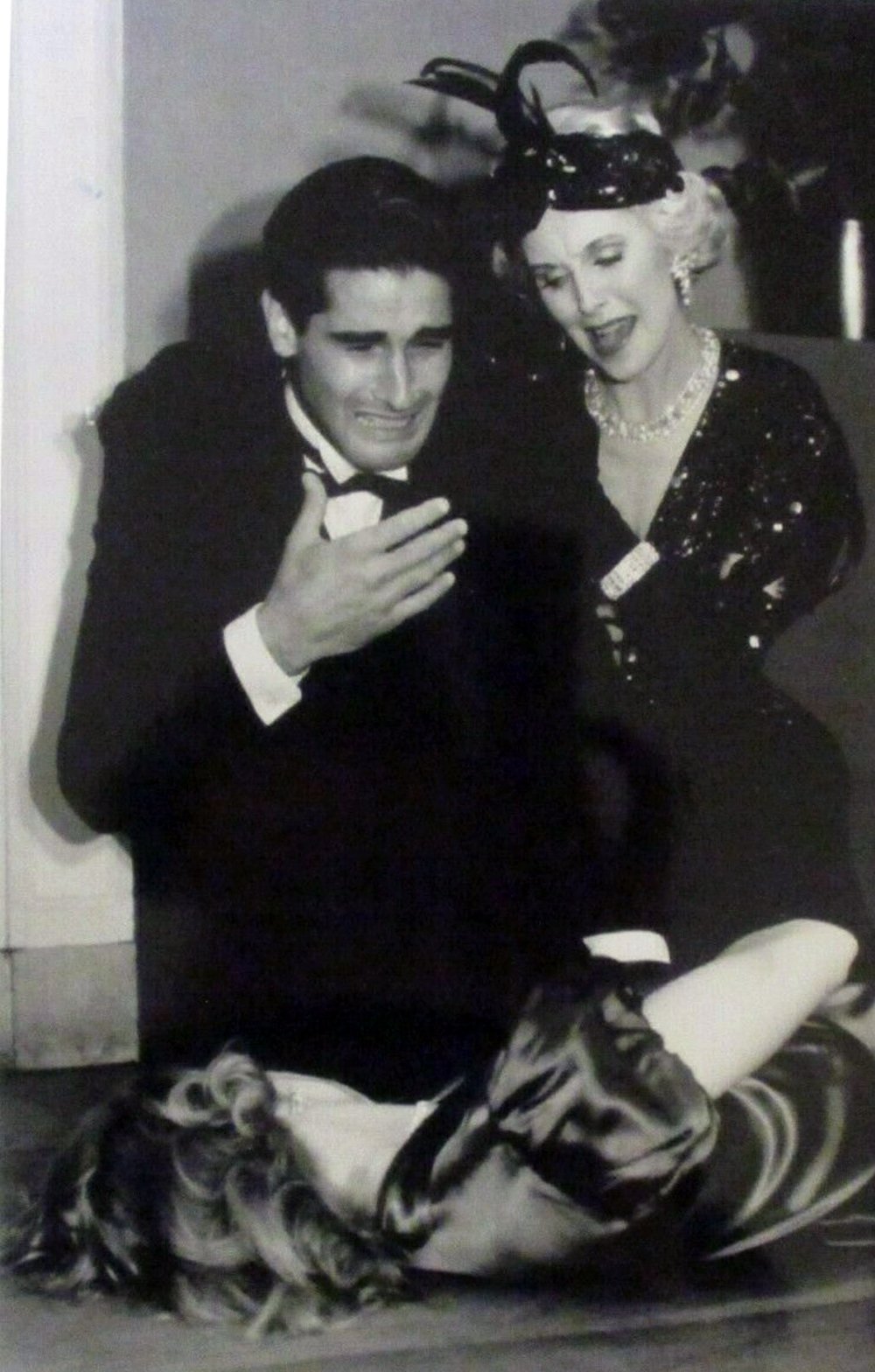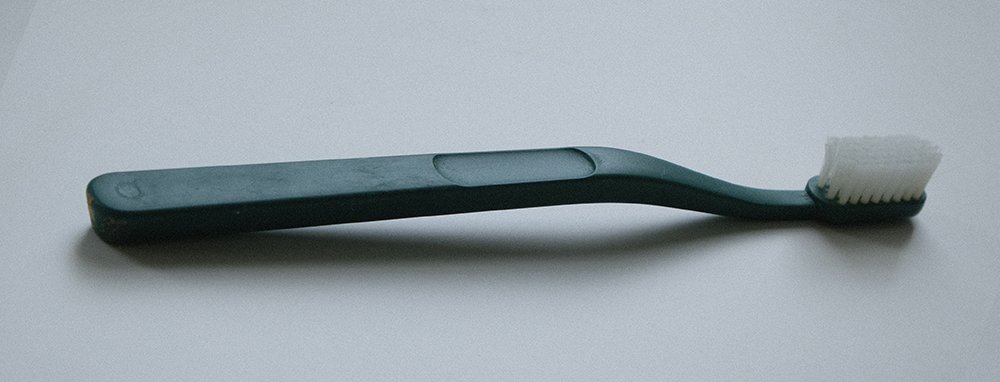Life in the Murder Mystery Room
Murder mystery dinner theatre was a huge thing in the 1980s and 90s. Everyone was doing them. In those days, it seemed like you couldn’t go out to a restaurant without tripping over a warm corpse.
Parallel to the world of regular scripted plays, there was this other theatrical world with its own actors, its own venues, and its own rules.
I am a murder mystery survivor. How did that happen? I think that I knew a guy who knew a guy who knew a guy who recommended me.
One wag at a Chicago paper said that murder mystery dinner theatre is not so much theater, as the theatrical equivalent of running around with a lampshade on your head.
Hmm.
For those of you who need a refresher: You enter a restaurant or banquet hall where there are many other diners, as well as a handful of colorful characters (played by the actors) who are also guests. Usually, the murder happens right after cocktails. An investigator steps up to identify him or herself. Motives are uncovered over dinner, clues are given, and the mystery is solved sometime after dessert.
There is a weekend version which takes longer to play out; and also a cruise version. And a theatre version. But the beats are always the same.
I stepped through that curtain in the fall of 1988. I started by doing a show called Murder at Rutherford House at Club Cabaret in Boston.
The great Patricia Michael in Murder at Rutherford House.
Murder at Rutherford House started in New York at an actual house called Rutherford house and was the brainchild of Tom Chiodo and Peter Dipietro who had a company at the time called “Murder a la carte.” Actors who have performed in Rutherford House have included Tony nominee Sharon McNight, comedian Marty Allen and London West End veteran Patricia Michael. The show traveled to Singapore and played for a few weeks at the Westin Plaza Hotel. I was in the Boston version, first at Club Cabaret, and then at the Wilbur Theater where we ran for a year with an all-local cast.
Although there was a script with scenes, we were tasked with ad-libbing in character with the audience between scenes. When we did a weekend there was only about 5 pages of dialogue, which was parsed out from Friday night to Saturday night. All the rest was adlib. Most of the actors I worked with were exceptional improvisors. Some of the casts included extraordinary drag performers who were geniuses at audience interaction.
left to right: Paul Dunn, Mark S. Cartier, Michael Fennimore, Mary Klug, Patrick Shea and Caroline Lawton in Shear Madness.
Shear Madness is an interactive murder mystery play which closed in Boston 2020 after a continuous run of 40 years. This show played in a theatre and the plot was simple: someone in a hair salon murdered a woman offstage and the remaining staff and clients were the suspects. Toward the climax of the show, the suspects were questioned by the audience. And in the end, the audience voted on which suspect they thought was guilty. The play had four different endings, and the actors played the end based on which suspect the audience chose.
Mark Cartier, an actor-comedian, was part of the Boston cast, off and on, for 20 of those 40 years.
Cartier said, “I was working with a bunch of really amazing comic actors, (Will Lebow, Paula Plum, Richard Snee, to name a few) it was like comedy boot camp. They had really great ad-lib skills. You were in there and you were learning from these people every night. Just watching them work every night was amazing.”
Having done thousands and thousands of performances, when it came time for the audience to interrogate the cast, there was virtually nothing that the actors had not heard before. There were actual adlibs, but there were also hundreds of great “ad-libs,” which seemed spur of the moment, but had actually been used over and over.
The toothbrush…
Case in Point:
The sketchy alibi of the Antiques Dealer was that he was in the restroom brushing his teeth during the murder. The night I saw it, an audience member challenged him to produce his toothbrush. This created a big laugh, as the audience felt that the guy had been caught. The Dealer opened his briefcase and held up a toothbrush, generating another laugh. Then the audience member yelled out, “If you’re telling the truth, it would be wet.” Now a larger laugh because as far as the audience was concerned, the Dealer was busted. But no, The Dealer held the brush aloft, and ran his thumb down the bristles, sending a fine shimmering spray of water into the air, illuminated by the stage lights. This stopped the show.
Cartier told me, “Sometimes they ask to see the toothbrush, and very rarely does someone say it would be wet. But we wet the toothbrush every night, just in case that one-in-a-hundred person brings it up.”
Robert Zukerman is a veteran character actor who did Murder at Rutherford house in New York and Singapore.
Zukerman remembers doing a show at a famous restaurant in Manhattan for a room full of mob types. “We did a show at Mama Leone’s. It was a private show. And there were a lot of ‘serious’ guys in their suits. We’re out there, we’re starting the show and suddenly it’s time for the first murder: ‘Boom! Boom!’ And I swear to God, a half a dozen guys in the audience reached their hand into their jacket pockets.”
As mentioned earlier, most of the actors in these mysteries were great improvisers. But some actors, recruited from the regular theatre world, were not. I remember doing a weekend show at a hotel and the first murder took place in a ballroom. After the shot rang out and the body fell there was the requisite confusion. This was the first time out for the actor playing the investigator. He quieted the crowd and strode up to the podium to make an announcement. “I’m Caswell Huddleston,” he declared, “Federal Marshall!” That was his scripted line.
And a guy from the back yelled out, “Oh yeah? Let me see your badge!”
The flustered actor had no badge. So, he had to make up an explanation as to why he didn’t have one. But no explanation was coming.
I watched as the actor opened his mouth and moved his lips as if he was speaking, but nothing came out, and sweat rolled down his temple. It seemed, as it always does in these situations, like an eternity, but was probably just a few seconds. Finally, he was bailed out by another actor.
Zukerman again, on the subject of ad-libbing: “You either got it or you didn’t. And if you didn’t get it, there was nothing on God’s earth that was going to help you do it.”
In the murder mystery room, you live, or you die.





